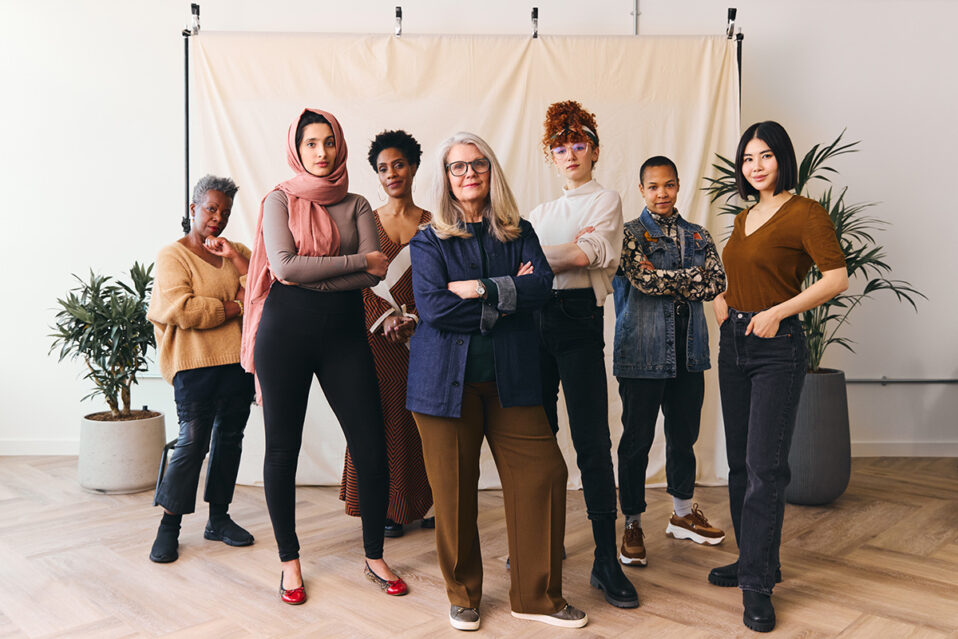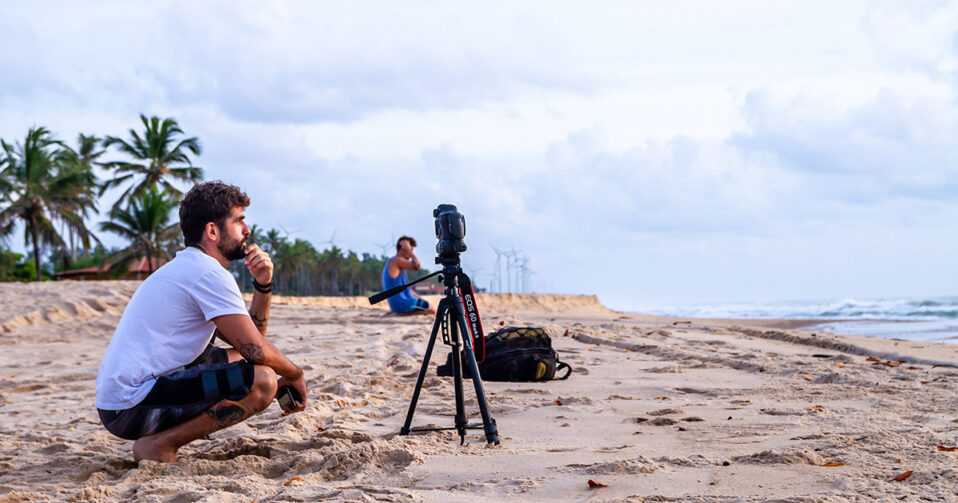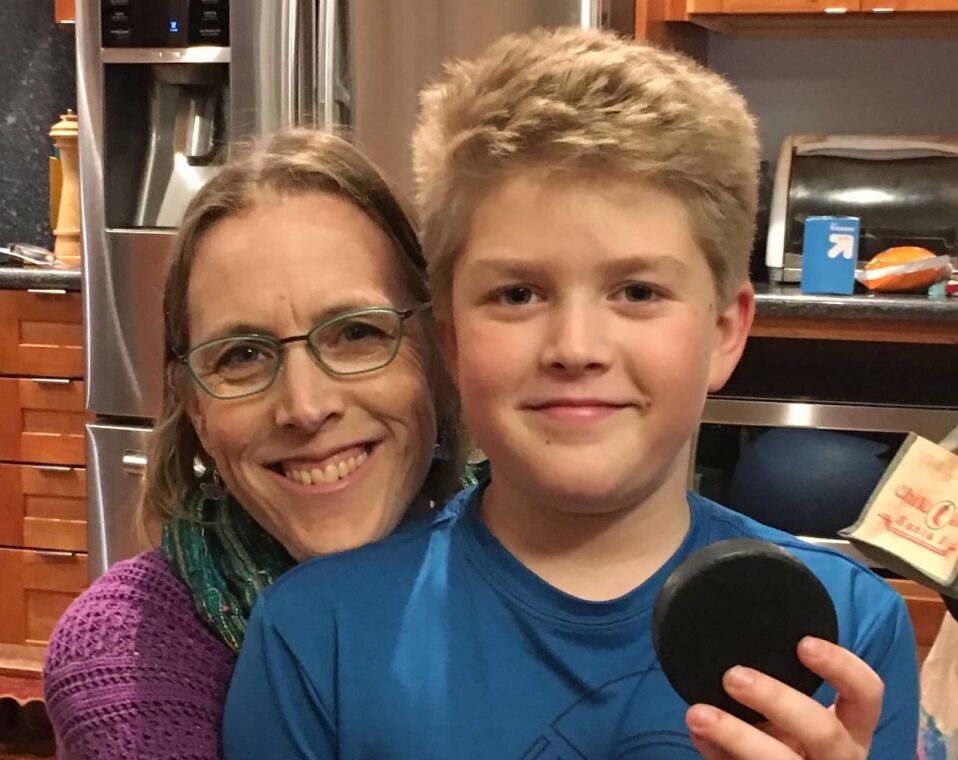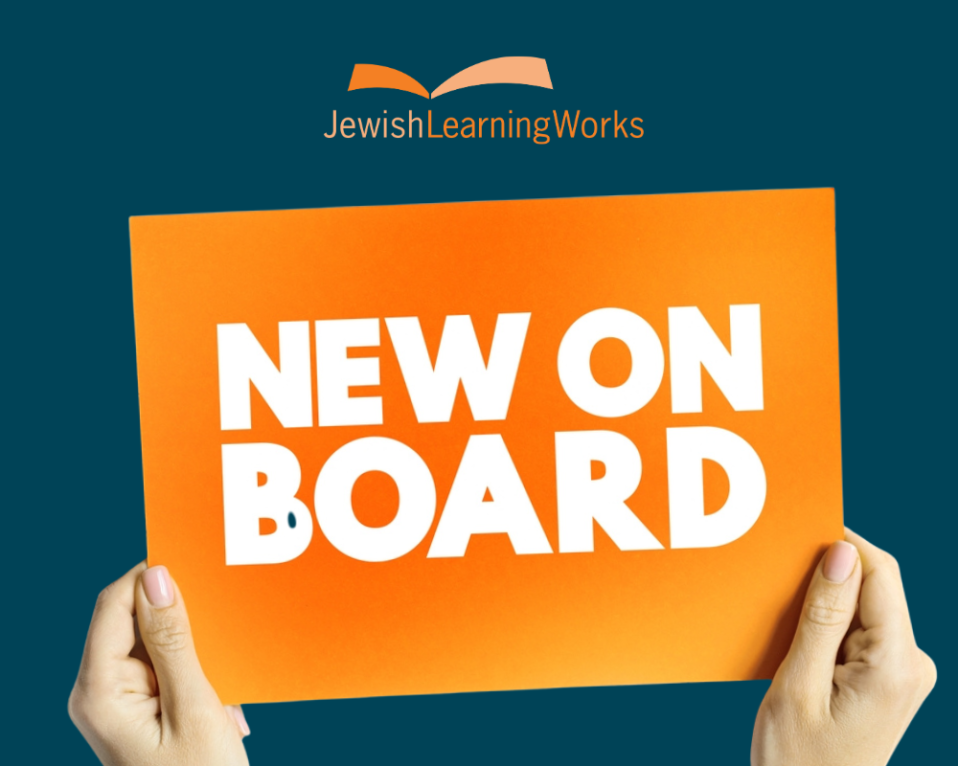By Jenni Mangel, Jewish LearningWorks’ Director of Educational Leadership
There is no doubt that we live in a different Jewish space than the one my grandparents grew up in. In just two generations so much in the Jewish world has changed. Now, in many of our communal spaces, we can see historically marginalized people emerge as leaders in roles, from reading Torah to serving as board presidents. Voices that were once kept in the background are often heard, respected, and valued in public spaces. We question historic gender roles and norms, embrace plurality of Jewish tradition, and prioritize the value of a person for their thoughts and deeds rather than the context of their birth. I consider this progress.
I committed myself to this work as a high school student when I first encountered Judith Plaskow’s Standing Again at Sinai. Already a dedicated feminist, and trying to understand my Jewish path, I read:
“…the implications of Jewish feminism reach beyond the goal of equality to transform the bases of Jewish life. Feminism demands a new understanding of Torah, Israel, and God…What would it mean for women as women to be equal participants in the Jewish community?” (p 9-10).
My handwritten note in the margin reads: This is what is needed; a fundamental question in society.
For the last three decades I have worked alongside like-minded communal leaders, volunteers and professionals, who share a vision of equitable communal leadership. In 2021 when Leading Edge released findings that most CEOs in Jewish non-profits are men, despite the fact that most people working at Jewish non-profits are women, it was clear to me we are not yet finished with the work of bringing gender equity to Jewish communal spaces.
Part of the reason I moved to, and remain in, the Bay Area is because there are many people here who share a vision of leadership equity. In fact, our community has some notable exceptions to the Leading Edge finding, including Abby Snay who led JVS for four and a half decades, Rabbi Stacy Friedman who has been the senior rabbi at Congregation Rodef Sholom for the last 20 years, and Joy Sisisky who was appointed CEO at the Jewish Community Federation & Endowment Fund just this past year. In fact, as I sat to think about other examples of women leaders in our community, the list is extensive, including at Jewish day schools, summer camps, JCCs, and synagogues.
And yet, our progressive and forward moving community still has some snags. I have a long collection of stories, my own and those of my colleagues, that illustrate that we have not reached the gender equity we strive for. We still see discussion panels that lack diversity. We still encounter parents who struggle to take leave when children are born or adopted. Historically marginalized people still report sharing an idea in a meeting that is dismissed, only to be embraced when repeated by another colleague, often a white male. We still hear stories about job applications, interviews, and salary negotiations that indicate that the system that trains and retains our communal professionals remains skewed.
In Pirkei Avot 2:16 we are taught that we may not finish the work, but neither are we free to desist from it. These stories make it clear our work is not yet done; we have not reached our vision. Jewish LearningWorks is part of a constellation of organizations dedicated to advancing diversity, equity, inclusion and belonging practices in Jewish communal settings. Our Voices for Good Fellowship is one of our strategies to keep working towards this vision. We are grateful to offer this experience alongside local and national organizations committed to equity and justice including, but not limited to:
- Be’Chol Lashon
- Gender Equity in Hiring Project
- Jewish Social Justice Roundtable
- Jewish Women International
- Jewish Women’s Archive
- Jews of Color Initiative
- Jewtina y Co.
- JIMENA (Jews Indigenous to the Middle East and North Africa)
- Keshet
- Shalom Bayit
- SRE (Safety, Respect, Equity) Network
My work in the Jewish community remains committed to broad understandings of Torah, Israel, and God. This breadth brings us closer to a vision of equal participation of all members of our community. Each time we use an equity lens to study Torah, design a program, run a meeting, or recruit for a job position, we are getting closer to that vision. I know I do not do this work alone and thank each and every one of you who is on this journey with me.
Jenni Mangel is the Director of Educational Leadership at Jewish LearningWorks, and the director of the Voices for Good Fellowship.
I would not be the professional I am today were it not for the mentorship and guidance of women and men who came before me. They showed me how it was possible to be a professional, a parent, and a communal leader. I am grateful to Judy Bloom, Rachel Brodie z”l, Paul Cohen z”l, Sandy Edwards, Dr. Debbie Findling, Deborah Louria z”l, Wendy Rosov, Toby Rubin, Dana Sheanin, Abby Snay, Rona Teitelman, and Adam Weisberg for helping me cultivate my voice.






